Vice President pledges action on educational reforms
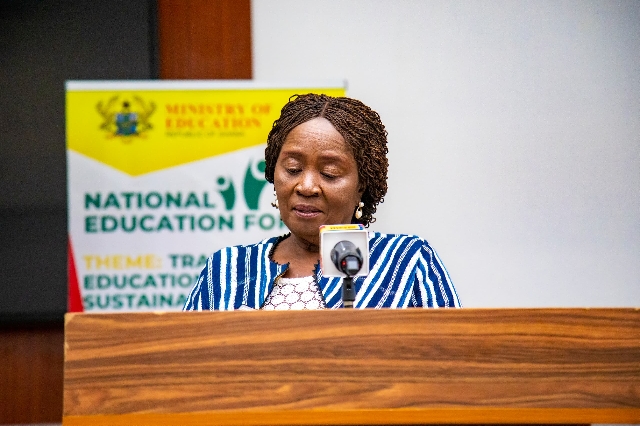 Vice President Prof Jane Naana Opoku-Agyemang
Vice President Prof Jane Naana Opoku-Agyemang
The Vice President of Ghana has officially closed the National Education Forum at the University of Professional Studies, Accra (UPSA), marking the end of a 21-day nationwide stakeholder engagement aimed at shaping transformative reforms for the country’s education sector.
Addressing the gathering, Vice President Prof Jane Naana Opoku-Agyemang emphasized that the forum was a key milestone in the government’s 120-day social contract with the people of Ghana, reaffirming a commitment to resetting the education system by ensuring access, quality, and equity.
She noted that the current education system inherited by the government was imbalanced, requiring urgent interventions to bridge gaps and improve outcomes at basic, secondary, and tertiary levels.
The forum, initiated by President John Dramani Mahama, was planned and led by the Oduro Committee, which engaged a broad range of stakeholders, including government representatives, policymakers, teachers, students, parents, traditional and religious leaders, civil society, and development partners.
The Vice President commended the Oduro Committee, chaired by Prof. George K.T. Oduro, and its members—Prof. Goski Alabi, Prof. Smile Dzisi, Prof. Rosemary Bosu, Dr. Sam Awuku, Dr. Stephen Owusu, Mr. Kofi Asare, and Mr. Inusah Shirazu—for their tireless efforts in compiling key insights for policy formulation.
She also acknowledged the contributions of seasoned educationists, including Prof. Ivan Addae-Mensah, Prof. Esi Sutherland-Addy, Prof. Emmanuel Adow Obeng, and Prof. Anamuah-Mensah, stating that their involvement underscored the national commitment to depoliticizing education reforms.
The Vice President assured Ghanaians that the recommendations from the forum would not gather dust but would form the foundation for transformative education policies.
She outlined key commitments made by the government, including:
Prioritizing actionable reforms with clear timelines and measurable outcomes. Providing regular updates to ensure transparency and public trust. Increasing resource allocation for critical areas, such as foundational learning, teacher education, infrastructure, and education technology. Strengthening partnerships with parents, traditional authorities, and communities to support students’ learning. Enhancing school leadership by developing national standards in collaboration with stakeholders, including the Conference of Heads of Assisted Secondary Schools (CHASS) and teacher unions. Emphasizing research-based decision-making to ensure evidence-driven policies. Expanding teacher transformation programmes initiated in 2014 under the T-TEL project, ensuring reforms extend across all education sectors, including Technical and Vocational Education and Training (TVET).The Vice President reaffirmed the government’s commitment to resetting Ghana’s education system into an inclusive, equitable, and quality-driven model that empowers students, teachers, and institutions.
She declared the National Education Forum officially closed, urging all stakeholders to support the implementation of the proposed reforms to build a stronger future for Ghana’s education sector.
“May God bless our homeland Ghana, and make our nation great and strong,” she concluded
Source: Classfmonline.com/Cecil Mensah
Trending News
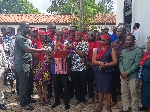
University Senior Staff declares indefinite strike over breach of agreement
14:15
GA/R: Darkuman residents accuse police of collaborating with vigilante gang in violent swoop
13:36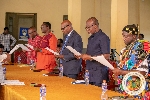
Volta Regional Minister inaugurates committee to probe Keta reclaimed land issues
11:56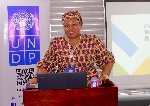
May floods expose urgent need to activate Ghana’s urban flood insurance scheme
14:36
Goldbod is a vehicle for achieving currency stability – Ato Forson
13:18
GIS bares teeth at foreigners begging for alms at Obossey-Okai
11:35
Defence Minister accuses NPP gov't of neglecting Presidential jet
09:03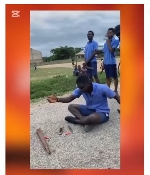
C/R: Winneba Technical Institute probes viral video of students brandishing weapons
15:34
Ato Forson: Ghana cedi’s rise signals a sustainable economic reset
12:32
Prioritise welfare of teachers in rural areas- Ex-DED to gov't
11:21



